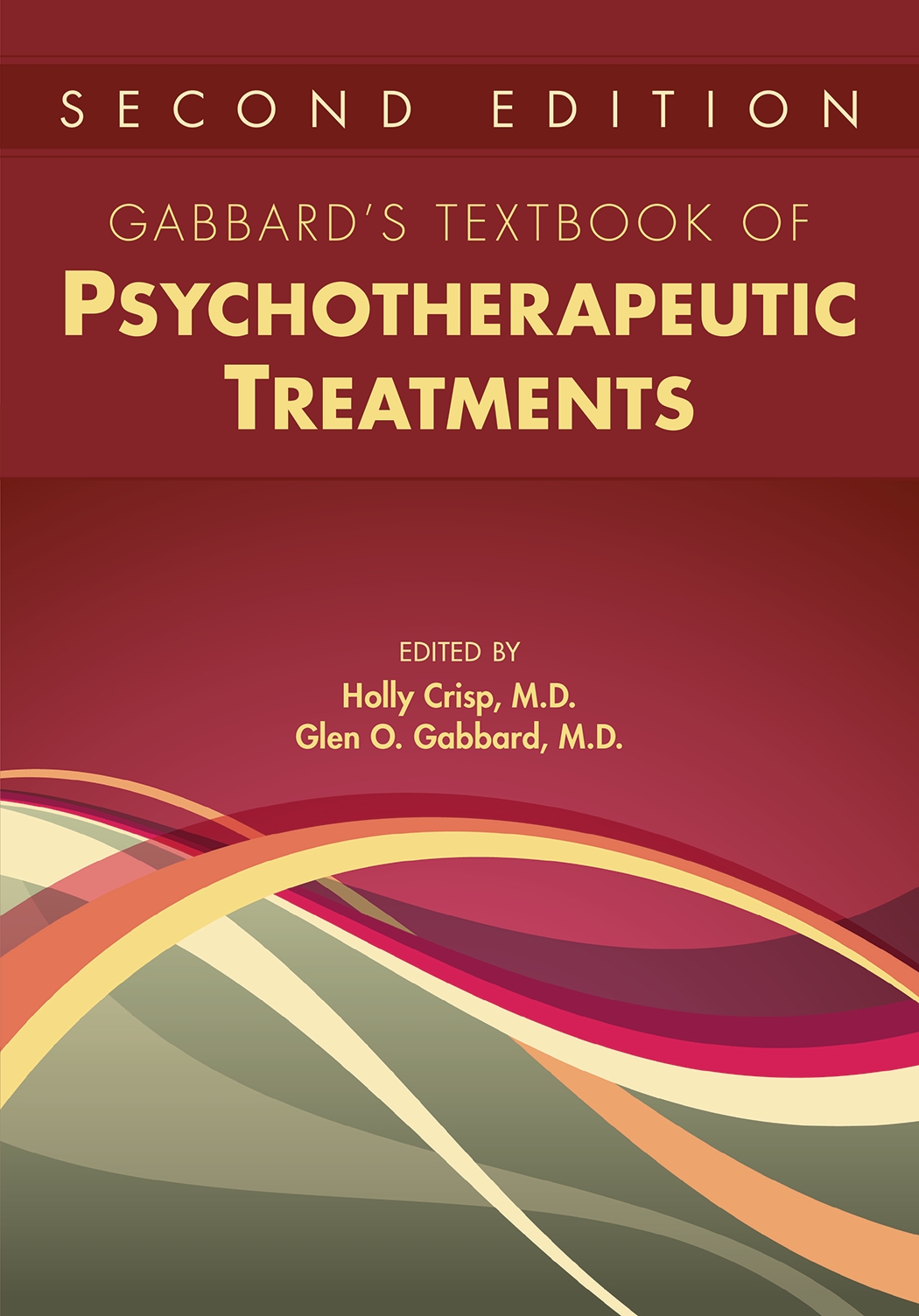Sections
Excerpt
Family systems theory and research have advanced our understanding and treatment of individual and relational distress (Heru 2006; Lebow 2013). Practice approaches are guided by a developmental, multilevel systems orientation to human functioning and processes of change, attending to the family and social context of dysfunction and well-being. In this chapter we provide an overview of family systems assessment and intervention in psychiatry. We first describe basic principles of a systems orientation to practice and a framework for family assessment. We offer a brief outline of major family therapy approaches, core concepts, and methods. Next, we describe their practice utility, including family or couple assessment, consultation, brief interventions, multisystemic approaches, multifamily groups, and more intensive therapy. We consider how to apply family systems principles with varied therapeutic approaches, in a range of behavioral health care and practice settings, and with severe mental health conditions. Emphasis is given to initial consultations, family psychoeducation, and brief interventions.
Access content
To read the fulltext, please use one of the options below to sign in or purchase access.- Personal login
- Institutional Login
- Sign in via OpenAthens
- Register for access
-
Please login/register if you wish to pair your device and check access availability.
Not a subscriber?
PsychiatryOnline subscription options offer access to the DSM-5 library, books, journals, CME, and patient resources. This all-in-one virtual library provides psychiatrists and mental health professionals with key resources for diagnosis, treatment, research, and professional development.
Need more help? PsychiatryOnline Customer Service may be reached by emailing [email protected] or by calling 800-368-5777 (in the U.S.) or 703-907-7322 (outside the U.S.).



